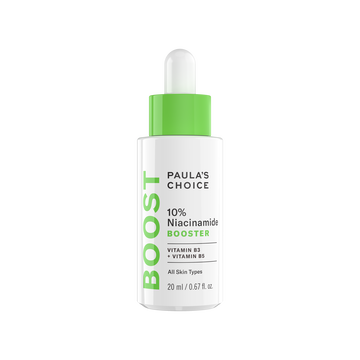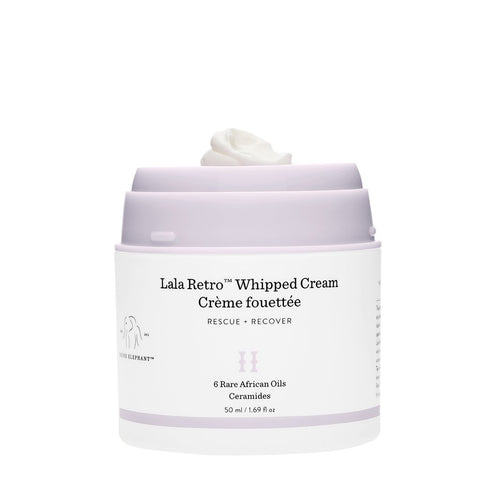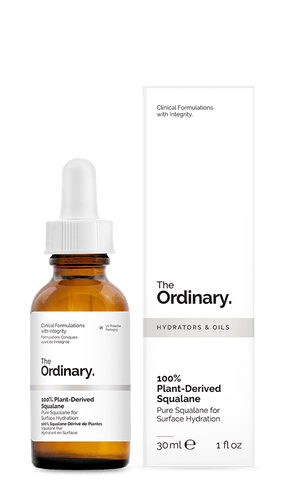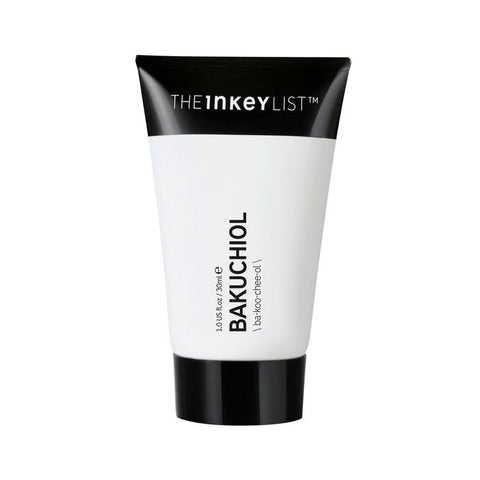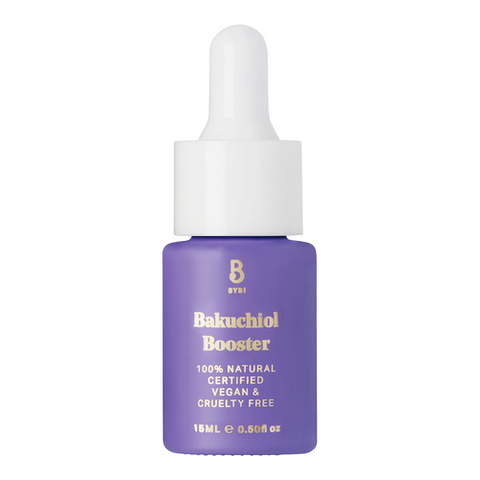
New Skincare Ingredients You Need To Know About
With the skincare industry constantly developing and ever changing its easy to get confused about what is exactly out there and what products are most beneficial for your personal needs. In this article we're doing a roundup of the most popular (new? - but not really just newly discovered by me) ingredients we've been seeing everywhere lately.
Niacinamide
This ingredient feels like the new vitamin C, something everyone is starting to look into and see the benefits of. This ingredient has an impressive resume (treats signs of ageing, breakouts, dark spots) with extensive scientific research to back it up.
Niacinamide, a form of vitamin B3, is a free-radical neutralizer (stops the little jerks that accelerate skin ageing by harming collagen and elastin). Besides preventing skin damage, niacinamide is anti-inflammatory, ultra hydrating, and has acne fighting benefits. This is because it improves the production of ceramides (we will talk about these next) and significantly reduces the excess production of sebum in the skin.
In conclusion it helps with acne, dryness, fine lines, wrinkles, skin pigmentation and skin damage. Try adding it in serum form to your routine (it can be mixed with acids, retinoids, peptides, and antioxidants) and be on your way to bouncier, clearer skin.
Ceramides
Ceramides do not get the recognition they deserve. Although they are not a new ingredient, they are one worth noting that are gaining more traction recently. They are the specialized lipids (fat) in the outer skin layer that make up the skin's barrier. They prevent unwanted things (UV, pollution, free radicals) from getting in and from wanted things (such as hydration) from getting out. In simpler terms, they keep us hydrated while providing protection.
As we get older our bodies produce less cermides. Besides age; weather (temperature, humidity factors), over exfoliation, and the usage of harsh products can also decrease our count. Adding a serum containing ceramides can help restore your skin's barrier resulting in supple fresh-looking skin.
Speaking of hydration, let's talking about...
Squalane Oil
Squalane is a hydrogenated compound of squalene (one of the most common lipids produced in the body). It keeps the skin hydrated and helps to replace the moisture barrier. Similar to ceramides, the body's production of squalene decreases with age (especially after 30). This combined with squalane's stability and weightless non-comedogenic properties, makes it a potentially important ingredient to add to your skincare routine no matter what your skin type (even sensitive). It pairs well with hyaluronic acid and cermaides for the ultimate hydration and moisture barrier protection.
Bakuchiol
Aka "Nature's Retinol". If you're someone that wants the benefits of retinol but your skin just doesn't tolerate it (red, dry, irritated) then this plant-based ingredient that boosts collagen production is something worth trying. Actually, studies show it's just as effective in skincare as retinol, without the negative side effects. Look for products that contain 0.5-2% bakuchiol since anything lower than that will not have the retinol-like benefits.
Copper
This ingredient is definitely not new. In fact it's been around since the ancient Egyptian times when it was known as the 'fountain of youth'. Science today proves they were right because it contains a peptide called GHK found in young blood (so maybe vampires got it right too?!). Studies show that copper improves healing, elasticity, firmness, and thickness in skin as well as decreases wrinkles. Some are even hailing it 'Nature's Botox'.
-T


